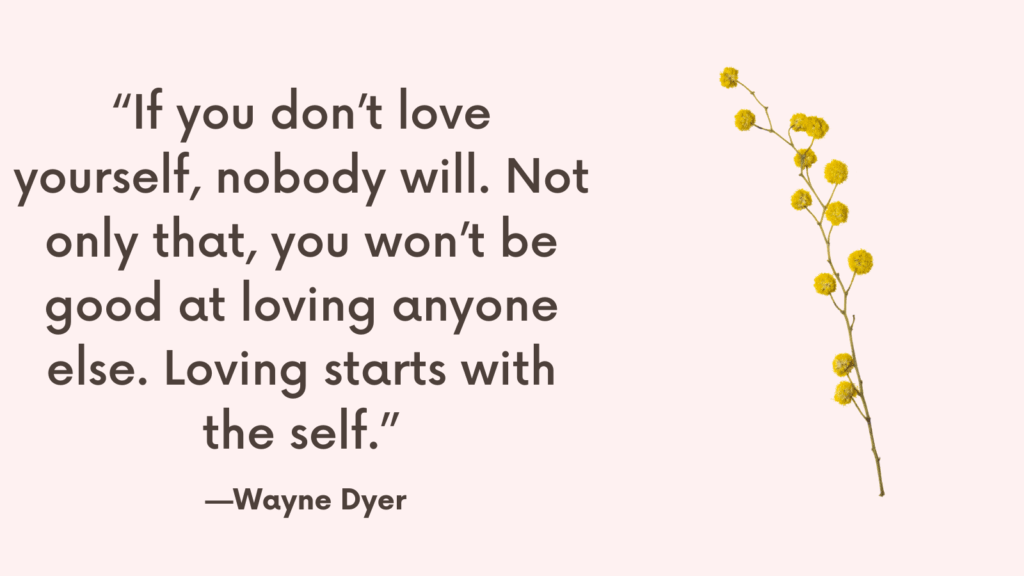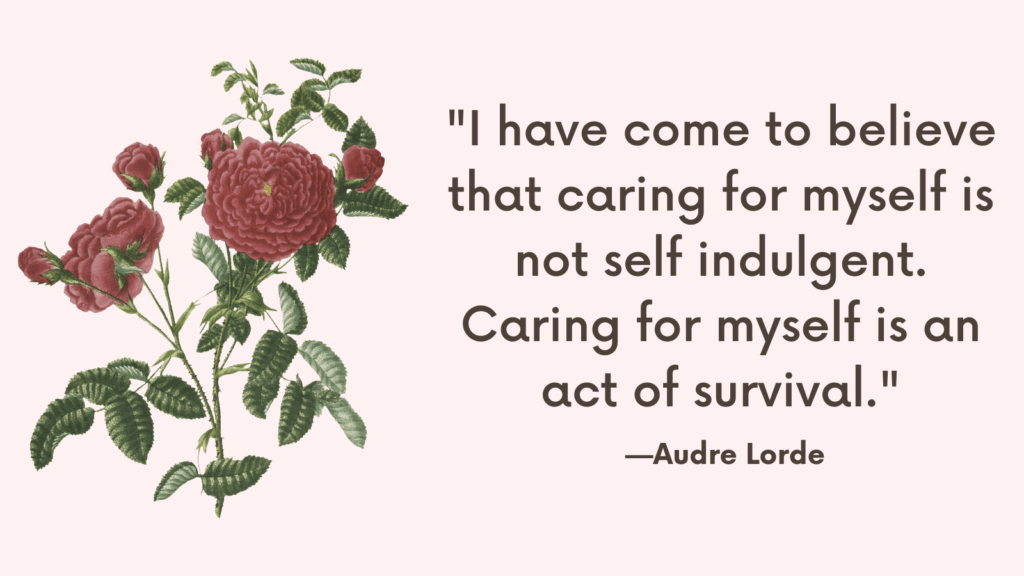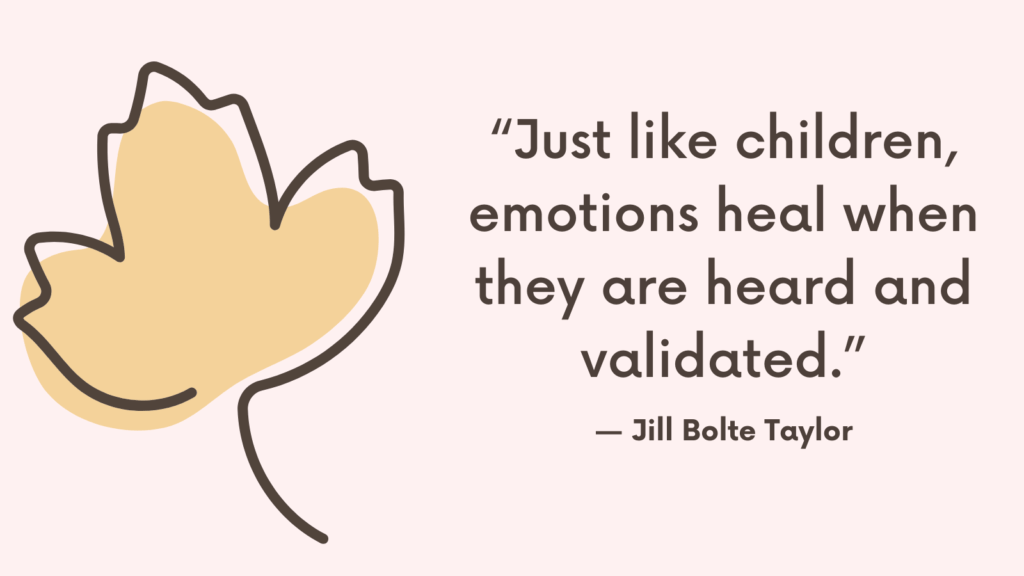Being a student often means juggling academic pressure, social stress, and emotional overload. It’s easy to put mental health last—but your well-being is what sustains your focus, motivation, and joy. The good news? You don’t need a complete life overhaul. Just a few simple, repeatable habits can help you feel more grounded, calm, and in control—one day at a time.
Mental Health Struggles as a Student
1. Academic Pressure That Feels Unrelenting
Grades, deadlines, and constant assessments can create a sense of never being “caught up.” Many students feel like they can’t rest without guilt, even when burned out.
2. Fear of Failure or Falling Behind
One bad grade, one missed assignment, or one semester off-track can feel like your whole future is crumbling. This fear often fuels anxiety and perfectionism.
3. Financial Stress That Impacts Mental Peace
Student loans, tuition, housing costs, and part-time jobs create chronic stress. It’s hard to focus on mental wellness when basic survival feels uncertain.
4. Loneliness in the Middle of Crowds
Even with classmates and roommates nearby, many students feel emotionally isolated. Being surrounded by people doesn’t guarantee connection or understanding.
Related: Student Wellbeing: 12 Tools & Resources for Mental Health & Success
5. Social Pressure to Be “Okay” All the Time
There’s a hidden rule in many student environments: act fine, stay busy, look like you’re thriving. This pressure to perform wellness can deepen feelings of shame and disconnection.
6. Identity Confusion and Emotional Growing Pains
College and school years often bring up big questions about who you are, what you believe, and where you belong. These shifts can bring anxiety, sadness, and internal conflict.
7. Lack of Sleep and Poor Self-Care Habits
Late nights, erratic schedules, skipped meals, and screen overloads slowly wear down emotional resilience. Exhaustion becomes a baseline state, not a warning sign.
8. Relationship Struggles and Emotional Turmoil
Breakups, friendship changes, family tension, or toxic dynamics can deeply affect students who are already juggling stress in other areas of life.
10 Daily Habits to Boost Mental Health as a Student
1. Start Your Day With One Minute of Stillness
Before checking your phone or diving into tasks, sit quietly for 60 seconds. Breathe. Stretch. Set an intention. This short pause helps your brain shift from reactive to present.
2. Drink a Full Glass of Water After Waking Up
Hydration supports brain function, mood, and energy. Make this the first thing you do. It’s a simple act that tells your body: “I’m taking care of you today.”
3. Move Your Body for 10 Minutes
You don’t need a full workout—just a walk, dance break, stretch session, or stairs. Movement reduces stress hormones and boosts mental clarity.
4. Eat One Nourishing Thing That’s Not Instant or Packaged
Give your body something fresh and whole—fruit, eggs, soup, nuts. What you eat affects how you feel. Fueling well is part of healing well.
5. Do One Task Without Multitasking
Study. Eat. Walk. Breathe. Do one thing at a time. This retrains your mind to slow down, focus, and rest from constant mental noise.
Related: How to Create a Mental Health Support Plan for Yourself?
6. Check In With Your Emotions Midday
Ask yourself:
“What am I feeling right now?”
Name it without judgment. Awareness helps you respond with care instead of react from stress.
7. Protect 15 Minutes of Solo Quiet Time
Between classes, friends, and deadlines, your brain needs stillness. Read, listen to music, journal, or just rest. Solitude isn’t selfish—it’s stabilizing.
8. Limit Doomscrolling or Comparison Triggers
Notice what drains your energy online. Set app limits, mute toxic content, or take screen breaks. Mental clarity grows when digital noise decreases.
9. Reflect on One Win From Your Day
Write down or say:
“One thing I did well today was…”
It trains your brain to notice progress instead of only pressure.
10. End the Day With a Gentle Wind-Down Ritual
No matter how small: wash your face, light a candle, write one thought, or stretch in bed. A closing ritual signals to your body: “It’s safe to rest now.”
Related: How to Break the Cycle of Stress and Overwhelm in Daily Life?

Conclusion
You don’t need to be perfect to feel better—you just need consistency in small, kind habits. Prioritize your mental health the way you do your classes. Because how you feel shapes how you learn, live, and show up. You’re allowed to care for your mind daily—because it’s the one thing that carries you through it all.



